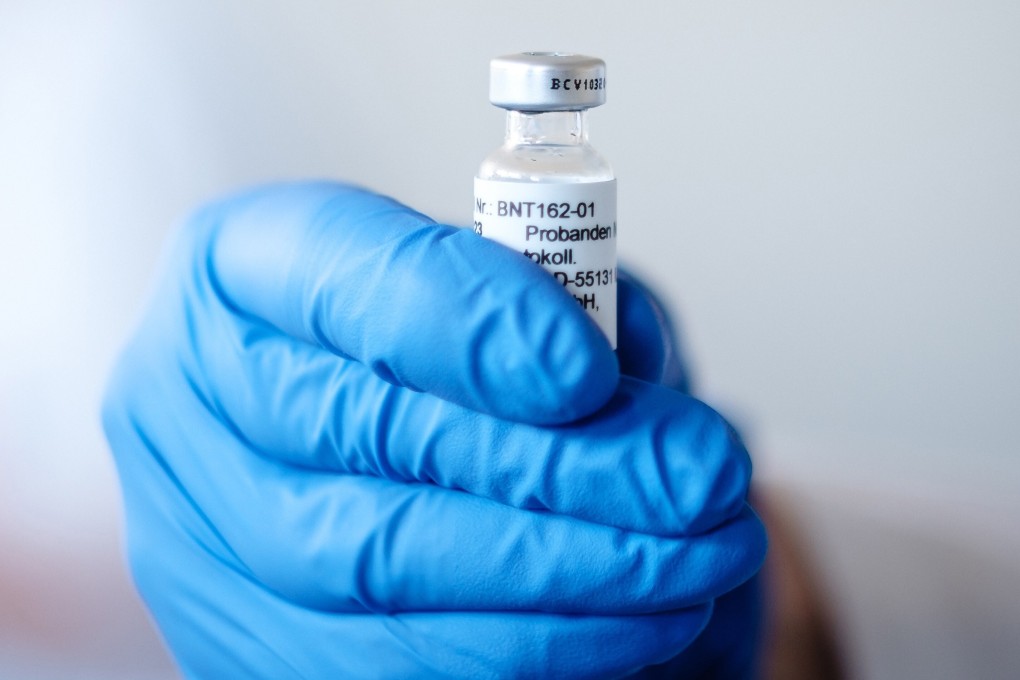Opinion | A shot of vaccine trust will really help in the fight against the coronavirus
- Fears about vaccine safety and scepticism about health policies are bound to become hurdles for governments everywhere. Fortunately for Hong Kong, people’s trust in public health experts has remained largely unscathed

For the past couple of years, 62-year-old Stella had made sure that she got vaccinated against influenza every winter. She will be doing it this year too. But she says she may hold off for a while if a vaccine for Covid-19 is offered this year. She is worried that the Hong Kong government will bring in vaccines produced by Chinese companies which she doesn’t trust.
Such fears about vaccine safety and scepticism about government policies are bound to become hurdles for the authorities, not just in Hong Kong, but everywhere.

03:13
World gears up to distribute Covid-19 vaccines as drug makers await medical regulator approvals
Governments across the world have staggered from one decision to the next as the scientific community struggled to get a handle on the problems that the new virus brought. Measures rolled out to contain the spread were later reversed, while medicines touted as possible treatments proved to be ineffective.
Such fumbles and blunders on the part of the authorities are enough to make people question government policies at the best of times. These get amplified when it comes to matters of health.
This puts Hong Kong in a difficult spot as surveys have shown that trust in government has been dropping steadily ever since social unrest gripped the city last year.
